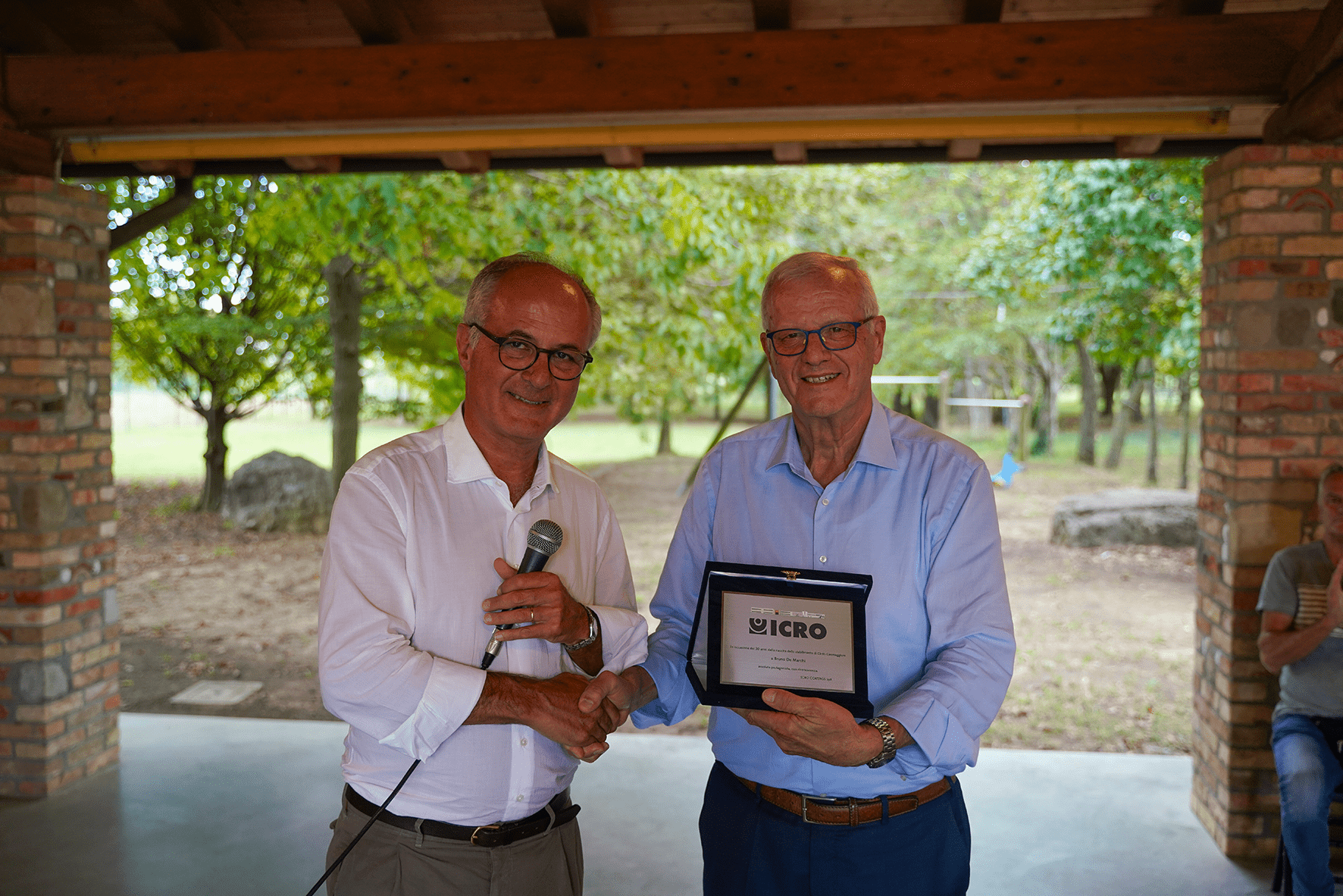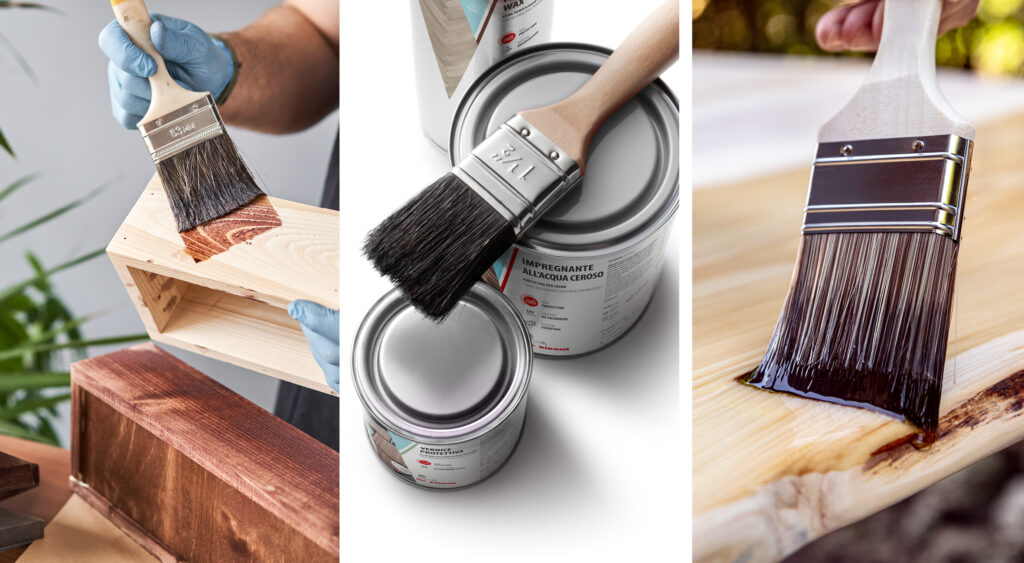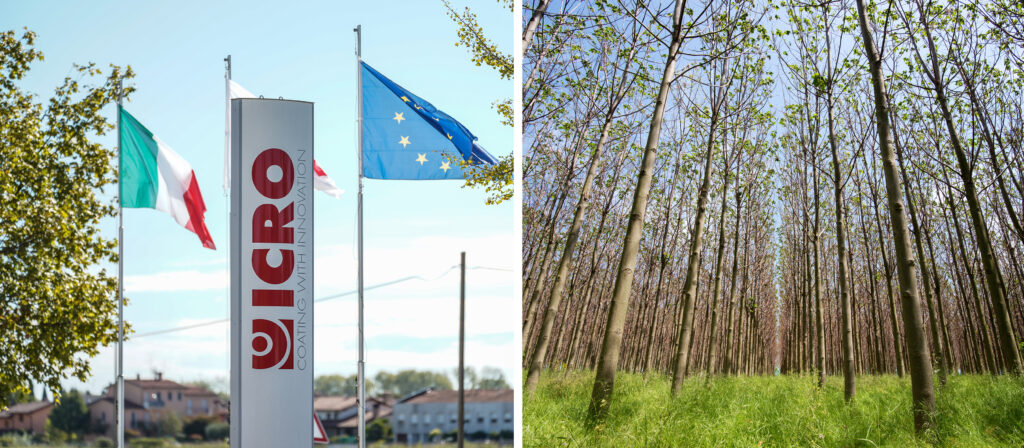Coatings were born as chemical products and for many decades the production processes have not undergone significant variations in the materials and formulas used.
As in other sectors, however, even in the production of coatings, awareness of its environmental impact has grown and consequently the commitment to identify eco-sustainable solutions capable of reducing pollution and emissions without compromising the quality of the product.
A first important step in this direction was taken with water-based coatings, which made it possible to significantly reduce the percentage of solvents, substituting with water, and therefore the environmental impact.
The commitment to protect the environment, however, did not stop there, thus leading to the formulation of so-called “BIO” coatings.
Bio coatings are coating products that use bio-solvents and resins of plant origin to replace resins and petrochemical solvents.
What advantages does this formulation offer?
- Reduced emissions
The first and most obvious advantage of using substances of natural and renewable origin instead of petrochemical is to reduce polluting emissions throughout the production and consumption cycle.
The raw materials used in the production of these coatings come from vegetable waste of controlled cultivation to ensure that all environmental sustainability criteria are met such as optimisation of water consumption, use of renewable energy, control over fertilisers and pesticides, and soil care.
At the production level, the reduction of chemical synthesis processes is accompanied by general improvements on energy efficiency, on the choice of materials and on the use of renewable energy, to reduce the overall CO2 emissions of the plants.
With regard to consumption, the reduction or complete cancellation of VOCs (volatile organic compounds) reduces harmful emissions not only for the environment, but also for people, and therefore fewer precautions are required when applying in a closed environment.
- Better performance
One might think that giving up solvents and petrochemical resins would lead to a reduction in product quality.
In fact, these coatings can not only match the performance of polyurethane products, but can also exceed them in some respects.
The natural properties of the plant substances used make it possible to improve resistance to cold liquids, yellowing and metal marking.
BIO coatings can also be produced in a wide variety of colors without compromising their eco-sustainability, thus combining environmental respect with creativity during application.
ICRO coatings: ICRO Bio Coatings
To reduce the petroleum content in polyurethane coatings, ICRO has created its line of bio coatings both water-based and solvent-based using raw materials of vegetable origin from waste.
Thanks to over two years of testing and trials in its laboratories, ICRO has managed to guarantee the same performance levels for its BIO coatings as polyurethane products, and even to exceed the previous standards in terms of resistance to cold liquids, in particular to ammonia, citric acid and vinegar, and to light, thus preventing yellowing.
These coatings, then, are compatible with the ICROMIX and COLORMIX tinting systems, allowing to create over 10 thousand colors to meet any colorimetric need, with attention to the environment and health.
Do you have any questions about our BIO coatings or our other products? Contact us now, our technical assistance will get back to you as soon as possible!



